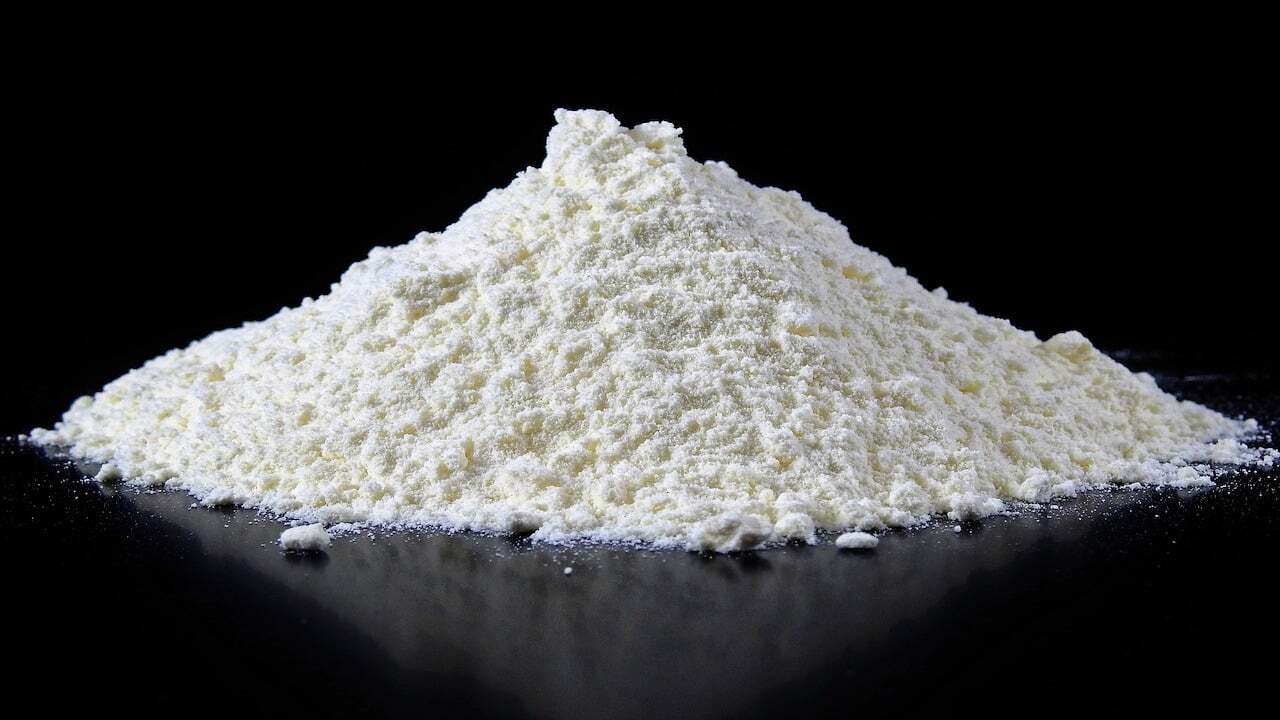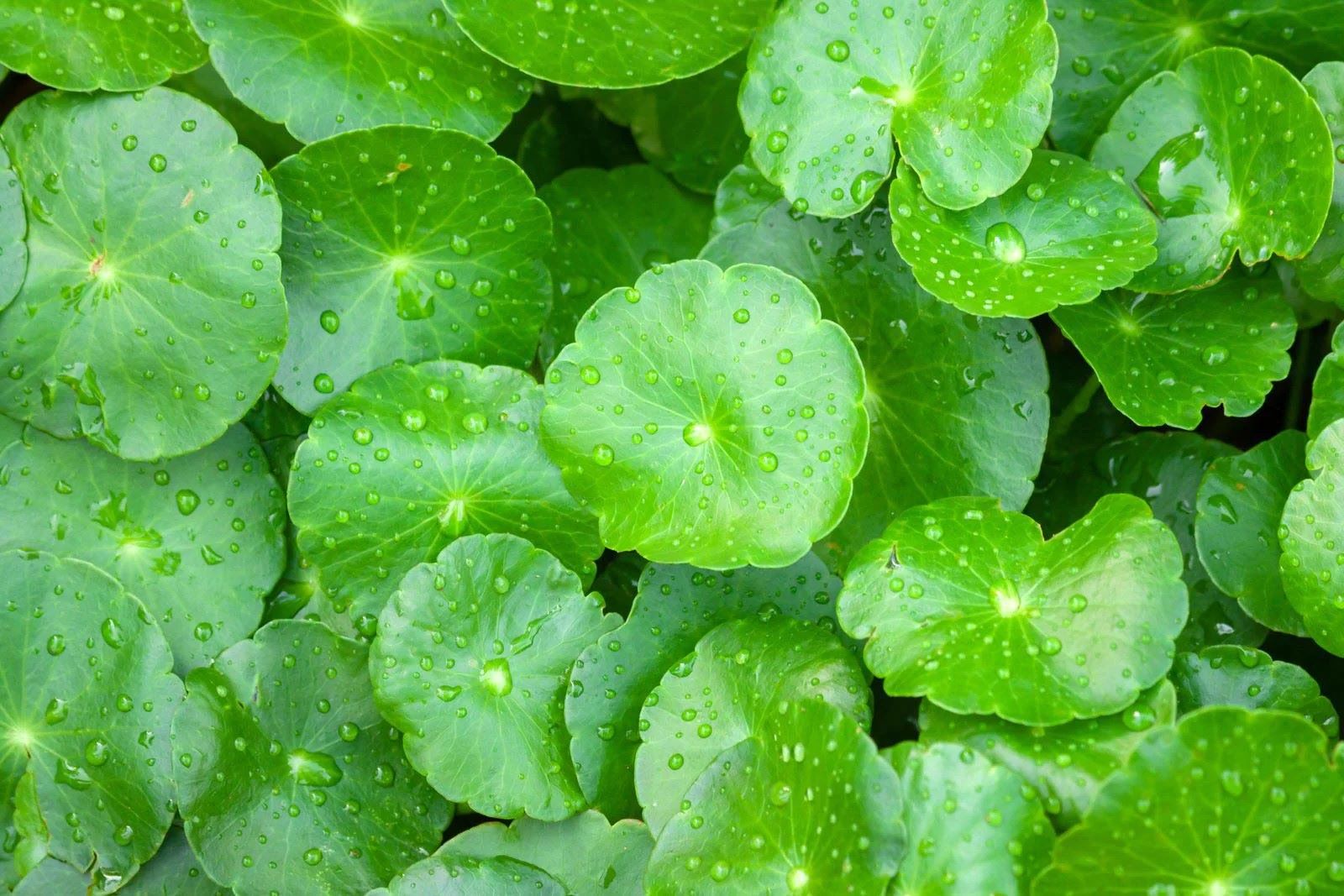
Konjac flour is a unique ingredient gaining popularity for its health benefits and versatility in cooking. Derived from the root of the konjac plant, this flour is known for its high fiber content and low-calorie count. But what exactly makes konjac flour so special? It's packed with glucomannan, a type of soluble fiber that can help with weight loss, improve digestion, and even lower cholesterol levels. Many people use it as a gluten-free alternative in recipes, making it a great option for those with dietary restrictions. Curious about how to incorporate this superfood into your diet? Keep reading to discover 15 fascinating facts about konjac flour that will leave you eager to try it out!
What is Konjac Flour?
Konjac flour, derived from the root of the konjac plant, is a versatile ingredient used in various culinary and health applications. Known for its unique properties, it has gained popularity in recent years.
-
Konjac Flour Originates from Asia
Konjac flour comes from the konjac plant, native to parts of Asia, particularly Japan, China, and Indonesia. The plant has been cultivated for centuries for its starchy corm. -
High in Glucomannan
The primary component of konjac flour is glucomannan, a water-soluble dietary fiber. This fiber is known for its ability to absorb water and expand, making it useful in weight management. -
Low in Calories
Konjac flour is extremely low in calories, making it an excellent addition to low-calorie diets. It provides bulk without adding significant calories. -
Used in Traditional Asian Cuisine
In Asian cuisine, konjac flour is used to make various foods like shirataki noodles and konnyaku, a gelatinous food product. These foods are popular for their texture and health benefits.
Health Benefits of Konjac Flour
Konjac flour isn't just a culinary ingredient; it offers several health benefits that make it a valuable addition to your diet.
-
Aids in Weight Loss
Due to its high fiber content, konjac flour can help you feel full longer, reducing overall calorie intake. This makes it a popular choice for those looking to lose weight. -
Regulates Blood Sugar Levels
Glucomannan in konjac flour can slow the absorption of sugar and cholesterol from the gut, helping to regulate blood sugar levels. This is particularly beneficial for people with diabetes. -
Improves Digestive Health
The fiber in konjac flour acts as a prebiotic, promoting the growth of beneficial gut bacteria. This can improve overall digestive health and reduce issues like constipation. -
Lowers Cholesterol
Studies have shown that glucomannan can help lower LDL cholesterol levels, reducing the risk of heart disease. It does this by binding to bile acids and removing them from the body.
Uses of Konjac Flour in Cooking
Konjac flour's unique properties make it a versatile ingredient in various recipes, especially for those following specific dietary plans.
-
Gluten-Free Baking
Konjac flour can be used as a gluten-free alternative in baking. It helps improve the texture and moisture content of gluten-free baked goods. -
Thickening Agent
Due to its high water-absorbing capacity, konjac flour is an excellent thickening agent for soups, sauces, and gravies. It provides a smooth texture without altering the flavor. -
Vegan and Vegetarian Recipes
Konjac flour is a popular ingredient in vegan and vegetarian recipes. It can be used to create plant-based versions of meat products, offering a similar texture without animal products.
Environmental Impact of Konjac Flour
Beyond its culinary and health benefits, konjac flour also has a relatively low environmental impact compared to other crops.
-
Sustainable Farming
Konjac plants require minimal pesticides and fertilizers, making their cultivation more sustainable. This reduces the environmental footprint associated with its production. -
Low Water Usage
Konjac plants have a low water requirement compared to other crops. This makes them an environmentally friendly option, especially in regions where water conservation is crucial. -
Biodegradable Packaging
Some konjac flour products come in biodegradable packaging, further reducing their environmental impact. This aligns with the growing demand for eco-friendly packaging solutions. -
Reduces Food Waste
Konjac flour's long shelf life and versatility help reduce food waste. It can be stored for extended periods without losing its nutritional value or quality.
The Final Scoop on Konjac Flour
Konjac flour is a powerhouse ingredient. It’s packed with dietary fiber, making it great for digestion and weight management. This flour is also low in calories and gluten-free, which makes it a versatile option for many diets. Its ability to absorb water and form a gel-like substance can help you feel full longer, reducing overall food intake.
Beyond its health benefits, konjac flour is used in various culinary applications. From noodles to baked goods, it adds a unique texture and nutritional boost. Plus, it’s a popular ingredient in vegan and vegetarian dishes due to its plant-based origin.
So, whether you’re looking to improve your diet or experiment in the kitchen, konjac flour is worth a try. Its versatility and health benefits make it a valuable addition to any pantry.
Was this page helpful?
Our commitment to delivering trustworthy and engaging content is at the heart of what we do. Each fact on our site is contributed by real users like you, bringing a wealth of diverse insights and information. To ensure the highest standards of accuracy and reliability, our dedicated editors meticulously review each submission. This process guarantees that the facts we share are not only fascinating but also credible. Trust in our commitment to quality and authenticity as you explore and learn with us.


